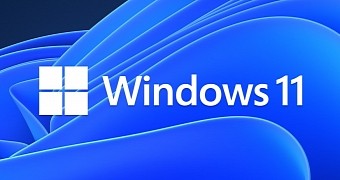If you’ve been living under a rock for the last couple of months, you might be shocked to learn that only some Windows 10 devices are eligible for the switch to Windows 11.
And this is because Microsoft has updated the system requirements, therefore allowing only PCs with 8th-gen and newer processors (the company has recently added a couple of 7th-gen Intel processors to the list as well, but the original requirements are largely unchanged) to install Windows 11.
And the reason is as simple as it could be: Microsoft says all the changes it has made in Windows 11 required powerful hardware, as otherwise, it wouldn’t be possible to benefit from state-of-the-art security, compatibility, and performance.
As far as the reliability and compatibility part is concerned, Microsoft says old hardware and old drivers were a major concern.
“Unsupported hardware is more likely to have older drivers that are incompatible with new OS features such as VBS. Supported hardware also comes with modern drivers, which helps ensure not only the reliability we mentioned earlier, but also great hardware compatibility,” the company explains.
Windows 11 is almost here
And the Windows Insider program has helped Microsoft figure out precisely what old hardware and old drivers mean for a modern operating system like Windows 11.
“From Windows Insider machines, those that did not meet the minimum system requirements had 52% more kernel mode crashes (blue screens) than those that did meet the requirements. Machines that met the requirements provided a 99.8% crash-free experience that is effectively managed by OEMs and IHVs through modern driver update management. Additionally, on unsupported hardware app hangs are 17% more likely and for first-party apps we see 43% more crashes,” it says.
Windows 11 is projected to launch for support devices later this year, possibly as soon as October, with the final build to be selected at some point in September.

 14 DAY TRIAL //
14 DAY TRIAL //